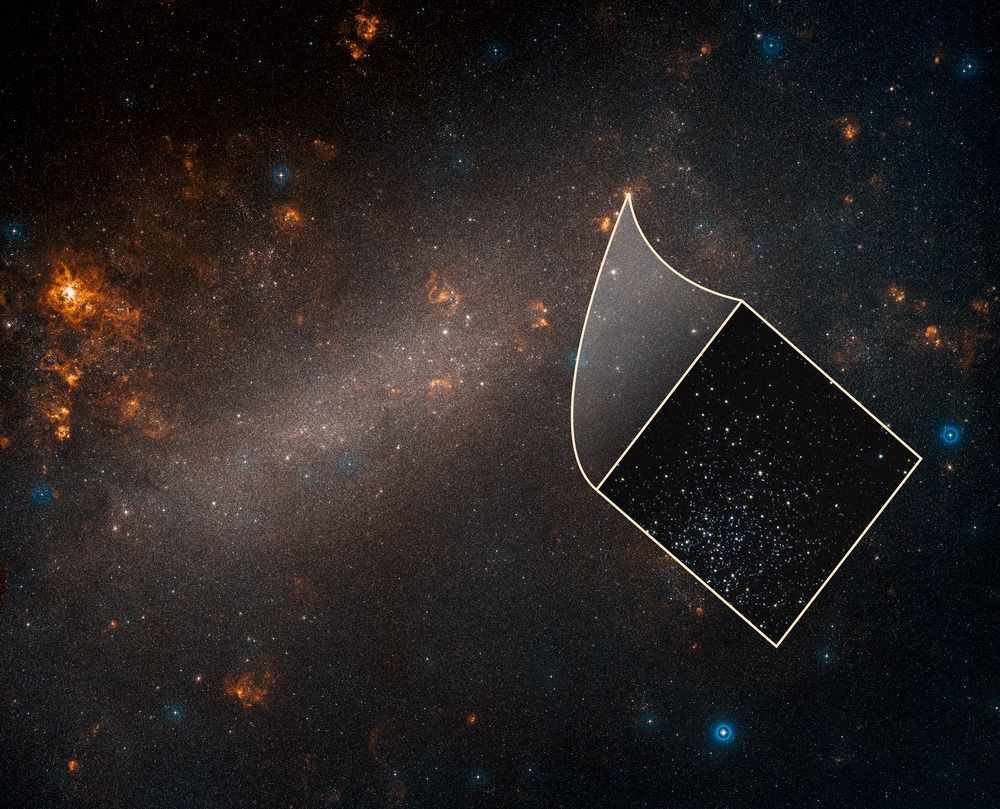How far is far? And, how do you know when you get there? In 1995, astronomers decided to use Hubble to conduct a bold and daring experiment to address this puzzle. For 10 consecutive days, Hubble stared at one tiny, seemingly empty patch of sky for 1 million seconds.
The gamble of precious telescope time paid off. Hubble captured the feeble glow of myriad never-before-seen galaxies. Many of the galaxies are so far away it has taken billions of years for their light to reach us. Therefore, the view is like looking down a “time corridor,” where galaxies can be seen as they looked billions of years ago. Hubble became astronomy’s ultimate time machine.
The resulting landmark image is called the Hubble Deep Field. At the time, the image won the gold medal for being the farthest peek into the universe ever made. Its stunning success encouraged astronomers to pursue a series of Hubble deep-field surveys. The succeeding surveys uncovered more galaxies at greater distance from Earth, thanks to new cameras installed on Hubble during astronaut servicing missions. The cameras increased the telescope’s power to look even deeper into the universe.
